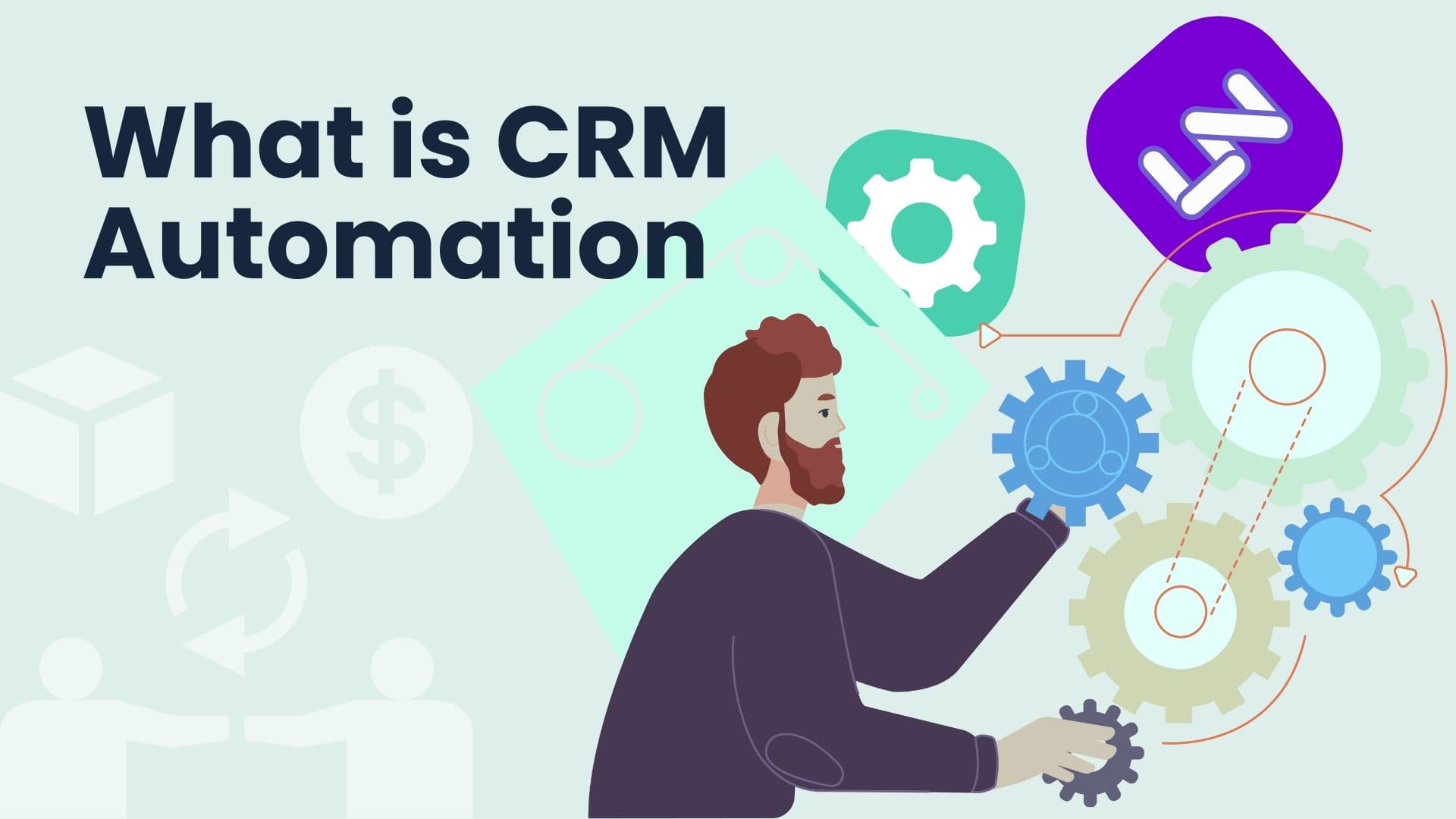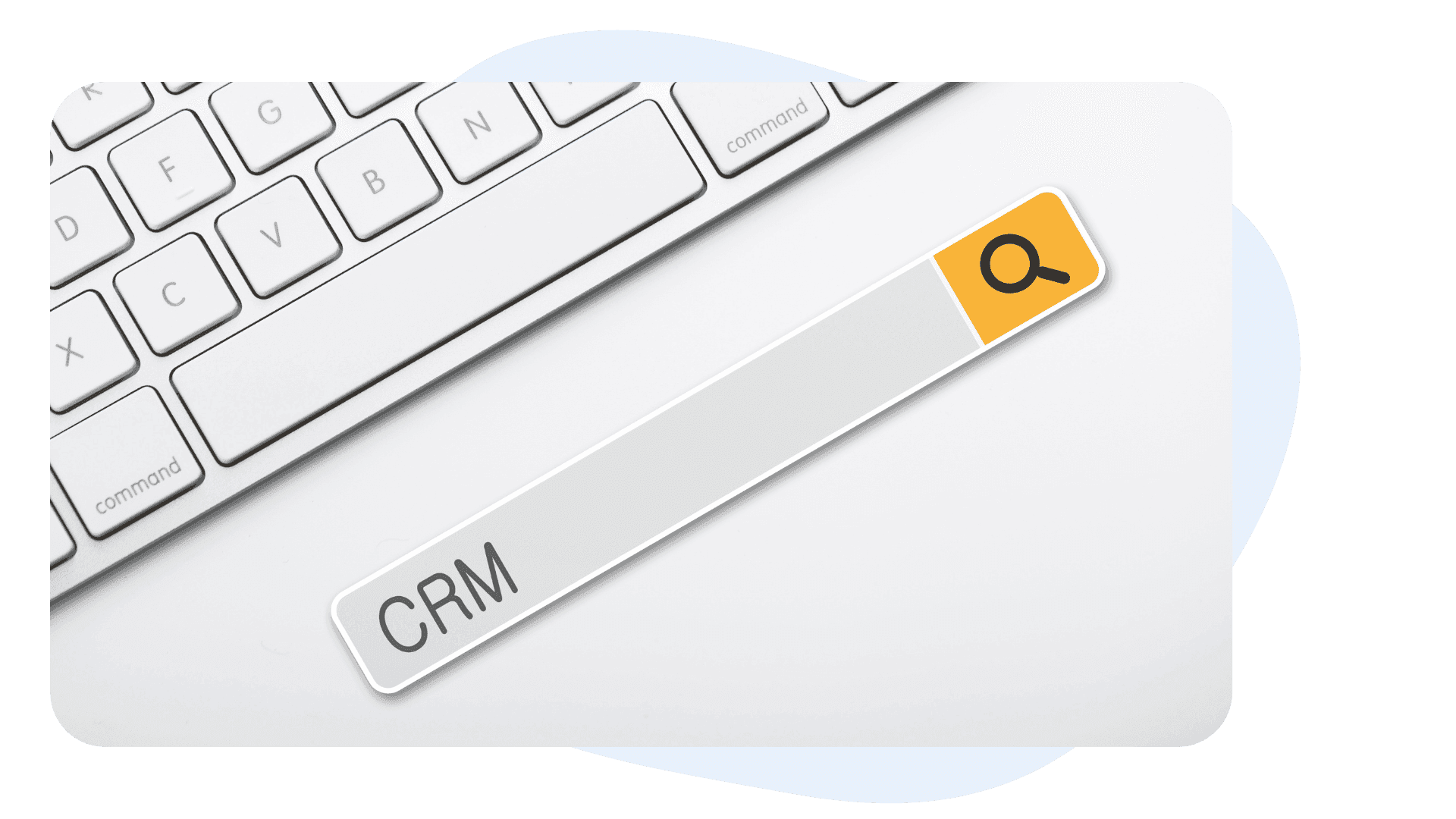What is CRM Automation and How to automate it
What Are the Key Features of CRM Automation?

Greetings! I'm Radzivon from Latenode, and I'm excited to share with you the power of CRM marketing automation.
CRM automation refers to the process of leveraging software and technology to streamline various customer-facing and internal business processes within a CRM system. By automating these tasks, companies can save time, reduce errors, and deliver an exceptional customer experience.
This article aims to provide a comprehensive understanding of CRM automation and its profound impact on business efficiency.
Key Takeaways:
CRM automation is the use of technology to automate routine tasks and processes in customer relationship management, allowing teams to work more efficiently, improve data quality, and personalize customer interactions. Successful implementation of CRM automation requires choosing the right software, integrating it with other systems, and continuously optimizing processes, but it can give companies a significant competitive advantage by enhancing the customer experience and increasing sales.
Automate your CRM on Latenode – the best automation platform for you
What is CRM Automation?
CRM (Customer Relationship Management) is a system for managing relationships with customers. CRM allows companies to maintain a database of customers and the entire history of interactions with them in one system. Modern CRM systems provide a user-friendly interface for maintaining a customer database, tracking order history, payments, and monitoring completed actions. Popular CRM systems include the following features:
- Maintaining customer records and interaction history (Leads/Accounts/Contacts)
- Recording and storing data about customers/products/resources in a unified database
- Automating mass mailings/automating routine operations
- Recording and processing payments/service subscriptions (Payments/Subscriptions)
Thus, CRM (Customer Relationship Management) systems provide a convenient interface for maintaining customer records, as well as allowing companies to automate routine operations (mass/CRUD - Create/Read/Update/Delete).
Benefits of CRM Automation
Implementing automation within a Customer Relationship Management (CRM) system unlocks a range of advantages for companies, driving efficiencies and strengthening customer relationships:
- Time and Cost Savings: Automating repetitive tasks such as data entry, lead assignment, follow-up reminders, and email marketing campaigns can significantly reduce the time and effort required by employees. This translates into substantial cost savings for the organization.
- Enhanced Customer Experience: Personalized marketing campaigns, timely follow-ups, and targeted offers enabled through automation contribute to a more tailored and attentive approach to customers.
- Accurate Data Management: Automated data collection and updates ensure customer information remains accurate and complete within the CRM system.
- Improved Analytics: The data captured through automated CRM processes enables in-depth analysis of customer behavior, marketing campaign effectiveness, sales forecasting, and more.
- Better Collaboration: With centralized customer data accessible through the CRM, coupled with automation, sales, marketing, and customer service teams can work together seamlessly.
By leveraging these benefits, CRM marketing automation drives operational efficiencies, nurtures customer relationships, provides data-driven insights for informed decision-making, and fosters cross-functional alignment – ultimately fueling business growth.
Key Processes Automated by CRM Systems
Marketing automation CRM streamlines a multitude of processes across marketing, sales, customer service, and analytics, enabling businesses to operate more efficiently and deliver exceptional customer experiences. Here are some of the critical processes that can be automated through a CRM system:
Marketing Automation:
- Collecting customer data from web forms, social media, and other open sources.
- Segmenting contacts based on demographics, behavior, and preferences for personalized marketing campaigns.
- Sending targeted email or SMS marketing offers and promotions to specific audience segments.
- Tracking campaign performance metrics, such as open rates, click-through rates, and customer engagement.
Sales & Deal Management Automation:
- Automatically assigning newly generated leads to the relevant sales representatives based on predefined criteria.
- Sending automated reminders for follow-ups, meetings, and next steps in the sales process.
- Creating and sending personalized proposals, quotes, and invoices with pre-populated customer data.
- Automating lead scoring and moving leads through different stages of the sales pipeline based on their level of engagement.
- Managing billing, delivery, and after-sales support processes seamlessly.
Customer Support Automation:
- Automatically responding to frequently asked questions via chatbots or self-service knowledge bases.
- Assigning support tickets to the appropriate departments or agents based on the issue type or customer profile.
- Tracking customer interactions across all touchpoints, such as phone, email, and social media, for historical context.
Reporting and Analytics Automation:
- Generating real-time reports on sales performance, lead conversion rates, and marketing ROI.
- Monitoring customer satisfaction levels and feedback trends over time.
- Providing insights into team productivity, identifying bottlenecks, and surfacing opportunities for business growth.
By automating these critical processes, CRM systems empower businesses to streamline operations, enhance customer relationships, and make data-driven decisions, ultimately driving success in today's competitive landscape.
Automate your CRM on Latenode – the best automation platform for you
Types of CRM Systems
CRM systems can be broadly categorized into three main types based on their core functionalities:
Operational CRM:
This type of CRM focuses on automating day-to-day business processes such as sales, marketing, and customer support. Examples of operational CRM features include lead management, sales pipelines, and email marketing automation and CRM.
Analytical CRM:
Analytical CRM systems specialize in data analysis to provide insights into customer behavior and business performance. They offer advanced reporting capabilities, customer segmentation tools, and predictive analytics.
Collaborative CRM:
Collaborative CRM systems enhance communication and collaboration between different departments within an organization. They facilitate data sharing and seamless collaboration among sales, marketing, and customer support teams.
Popular CRM Systems
While there are numerous CRM solutions available in the market, here are some popular options:
- SendPulse CRM: Offers efficient sales management, multichannel communication, and comprehensive deal tracking capabilities.
- BAS ERP and BAS KUP: Comprehensive solutions that include CRM modules alongside other business automation features.
- Other notable CRM systems include Terrasoft, keyCRM, Perfectum, Microsoft Dynamics CRM, and OneBox.
Transform Your CRM Strategy with Latenode Automation
One of the most powerful use cases for marketing CRM with automation is lead nurturing. With Latenode, you can set up sophisticated workflows that automatically send targeted content, offers, and follow-ups to leads based on their behavior, interests, and stage in the sales funnel. This ensures that your leads receive relevant and timely information, keeping them engaged and moving them closer to a purchase decision.
For example, you could create a workflow that sends an introductory email to new leads, followed by a series of educational resources and case studies based on their industry or pain points. As leads interact with these communications, they can be automatically scored and assigned to the appropriate sales representative for personalized outreach. This streamlined approach not only nurtures leads more effectively but also saves your sales team valuable time and effort.
Automated Welcome Email
![]()
Imagine greeting every new customer with a personalized welcome email the moment they sign up. With Latenode, this becomes effortless. Our platform ensures that each new contact receives a warm, personalized welcome message, making them feel valued right from the start. This automated touchpoint enhances customer engagement and sets a positive tone for future interactions.
![]()
This is just one example of how Latenode can transform your CRM strategy with powerful automation. In fact, the platform's capabilities are practically limitless - you can create any automation scenarios necessary to improve the efficiency of your business.
Whether it's automatic lead distribution, sending personalized offers, tracking key performance indicators, or any other tasks - Latenode provides the tools to bring them to life. And if you want to replicate the scenario described above or develop something completely new, we invite you to join our Discord community. There you will be able to get support, advice, and inspiration from Latenode experts and other platform users.
By leveraging Latenode's visual workflow builder and seamless integrations with your CRM and marketing automation tools, you can design and implement sophisticated lead nurturing campaigns with ease, driving better lead conversion rates and accelerating your sales cycles.
Create your own scenario on Latenode - the best low-code automation platform
Conclusion
CRM-system is a powerful tool for automating interaction with customers at all stages. Competent implementation of CRM allows you to increase sales, customer loyalty and overall business efficiency. Regardless of the size of the company, automation of customer relationship management provides significant benefits and opens up new opportunities for development.
Choosing the right CRM system is crucial to maximize the benefits of automation. By carefully evaluating business objectives, user requirements, and technical compatibility, organizations can select a CRM solution that aligns with their specific needs and empowers them to thrive in an ever-evolving market.



